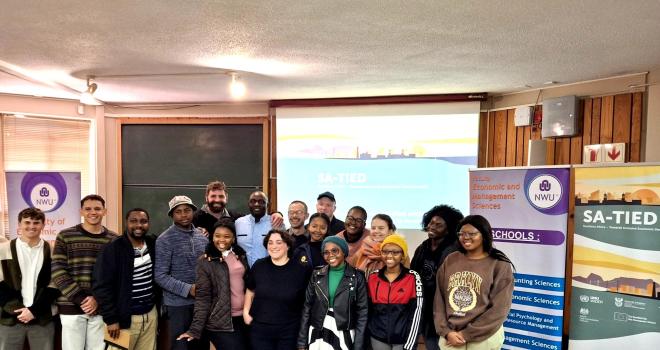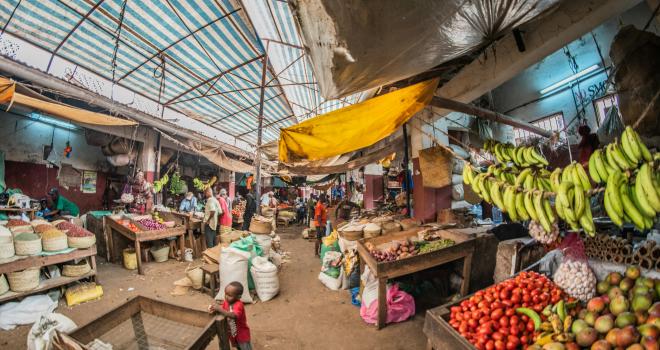Structural transformation, labour markets, and inequality dynamics
Despite its position as the economic hub of the Southern African region, South Africa has the unenviable position of being the most unequal society in the world. This work stream attempts to understand how historical, social, economic, financial, fiscal, and environmental issues contribute to this inequality.
Researchers will analyze these contributions to deep inequality while looking at the demographic, social, and labour market dynamics that contribute to the persistence of poverty and inequality. Through this work, we aim to provide policymakers with insights and solutions that can strengthen the emerging policy options on reducing poverty and inequality and contributing to inclusive growth.
What data is used for this research?
A new dataset provides previously unavailable administrative tax data which will allow researchers to look more deeply at inequality dynamics, particularly the labour market dynamics that condition it. In Phase II, work stream 3 will continue to develop this novel dataset, augmenting it with additional data sources from other government institutions.












